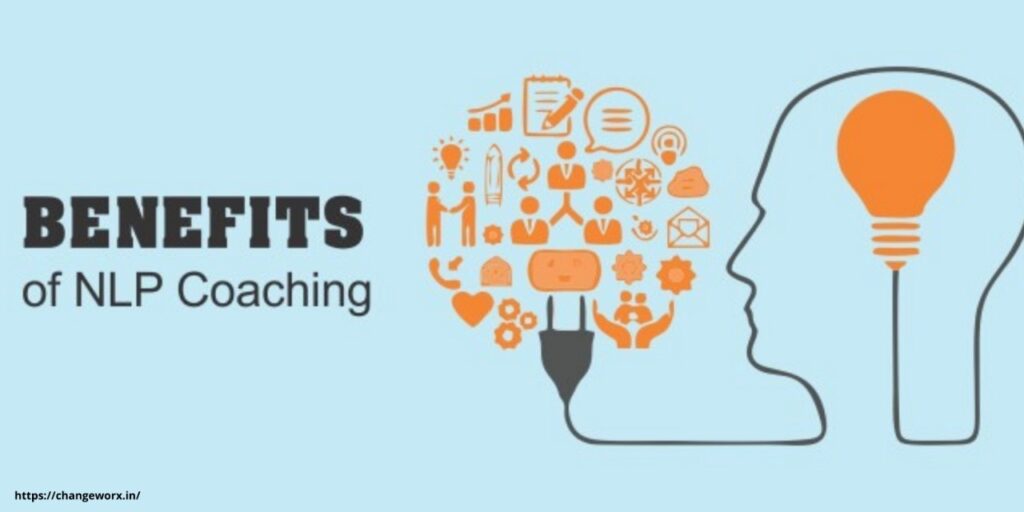NLP Counselling in Ghaziabad
Home » NLP Counselling in Ghaziabad
Neuro-linguistic programming is a technique for transforming someone’s ideas and actions to help them achieve their goals. NLP employs perceptual, behavioural, and communicative strategies to help individuals improve their thoughts and actions.
At Nivaran Health, Dr. Ayush Chandra, one of the best diabetologist in Ghaziabad, provides effective neurolinguistic programming to help people deal with psychological problems such as depression, anxiety, phobia and refine their thought process.

Moreover, Dr. Ayush Chandra, a seasoned diabetologist in Ghaziabad, is also a certified NLP practitioner and yoga trainer from the Ministry of AYUSH, Govt. of India, and the Art of Living faculty.
This article provides general information about NLP counselling.
First, let’s know more about,
What is NLP?
Neuro-linguistic programming-NLP is a collection of models that enables people to modify their cognitive behaviours and develop more resourceful states to attain their objectives. NLP models teach you how to look at issues from various angles to come up with better answers. NLP contains an extensive library of tools and strategies that can be used to tackle any problem.
Since its inception in the 1970s, neuro-linguistic programming, or NLP, has gained popularity. Personal growth, phobias, and anxiety may all benefit from NLP. NLP employs perceptual, behavioural, and communicative approaches to help people enhance their minds and actions.

Now, let’s know,
What are the different types of NLP techniques?
NLP is a large area of study. As a result, NLP practitioners employ a variety of techniques, including the following:
- Anchoring: Using sensory experiences to elicit specific emotional responses.
- Rapport: Through compassion, the practitioner tunes in to the person by matching their physical behaviours to facilitate communication and reaction.
- Switch pattern: Changing behavior patterns or thinking to achieve the desired outcome rather than an undesirable one.
- Visual/kinesthetic dissociation (VKD): Attempting to eliminate unpleasant sentiments and ideas related to a past incident.
Now, let’s discuss,
How does NLP work?
NLP teaches you how to recognize and model your achievements to recreate them. It’s a method of identifying and developing one’s talent and bringing out the best in others.
The study of perfection is what NLP is all about. It is the study of both the conscious and unconscious mechanisms that enable people to do their tasks. At a conscious level, the key to success is usually unknown. You may elicit these unknown aspects using NLP.You may desire to strengthen your relationships, reduce anxiety, or improve market competitiveness.
The crucial components are not present in the muscles but rather in your inner thoughts, such as language, visions, sentiments, and even beliefs. You can modify these unknown components once you know what they are. Thought experiments, mental activities, and games are some of the NLP exercises. NLP considers the mind as a laboratory.
Let’s see,
Which conditions can NLP counselling treat?
Neuro-linguistic programming has been used to address a wide range of disorders since its inception. These are some of them:
- Anxiety
- Phobias
- Panic
- Addiction
- Communication issues
- Schizophrenia
- Posttraumatic stress
- Depression
- Obsessions
- Borderline personality
- Attention-deficit hyperactivity
What are some of the advantages of NLP?
- Establishing a connection to their mission, values, and ambition.
- Living lives that are more prosperous and fulfilling.
- Improving job performance, as well as founding and growing businesses
- Improving connections at work and home.
- Establishing health-promoting habits.
- Overcoming obstacles and gaining new abilities regularly.

For more details about Neuro-Linguistic Programming, contact us at Nivaran Health.
Frequently Asked Questions :
NLP is significantly more participatory than hypnosis. It places a strong emphasis on language components that affect neurological processes. Clients will get more involved with the program on a practical level as it connects more with the conscious mind.
